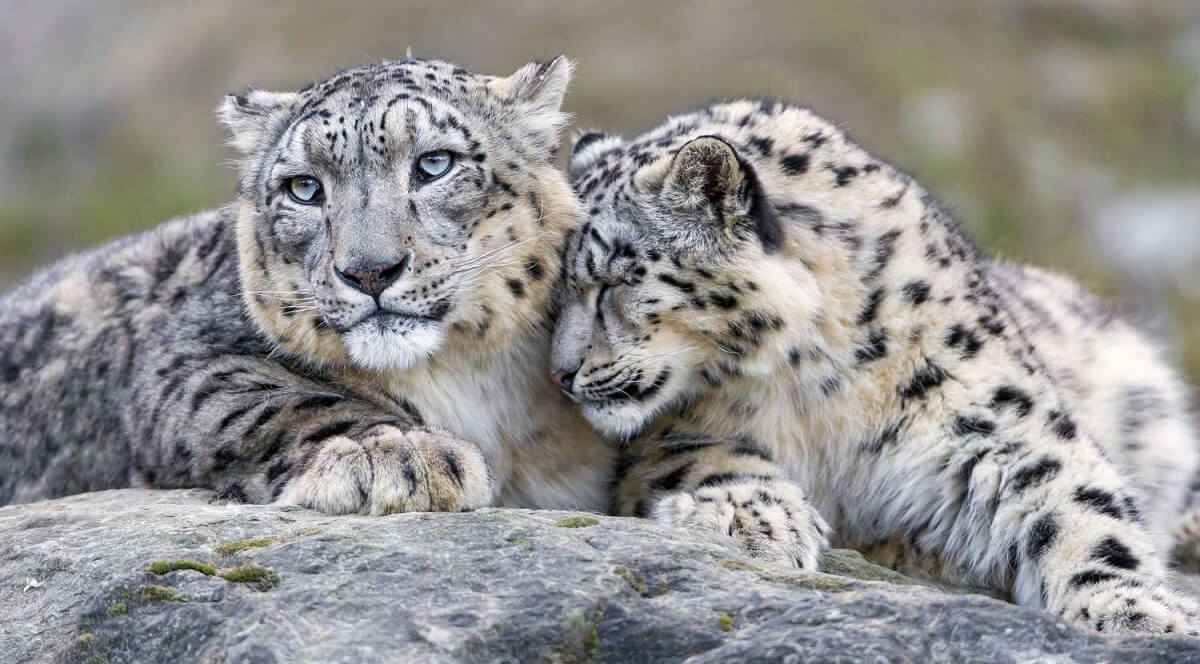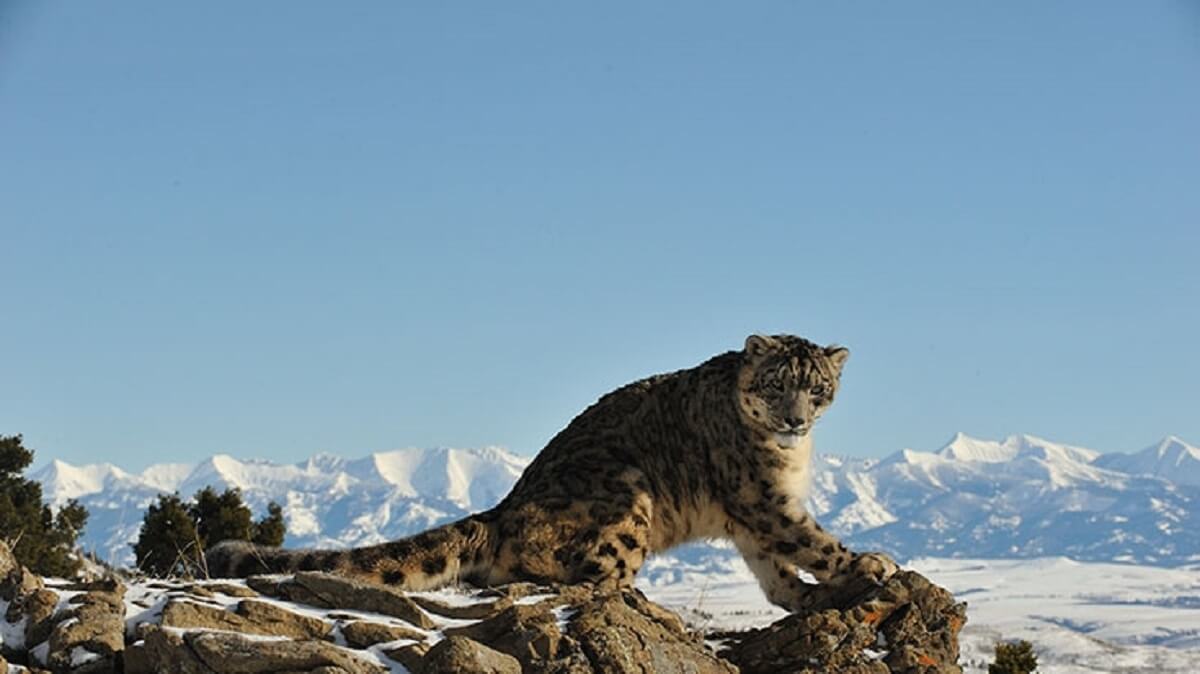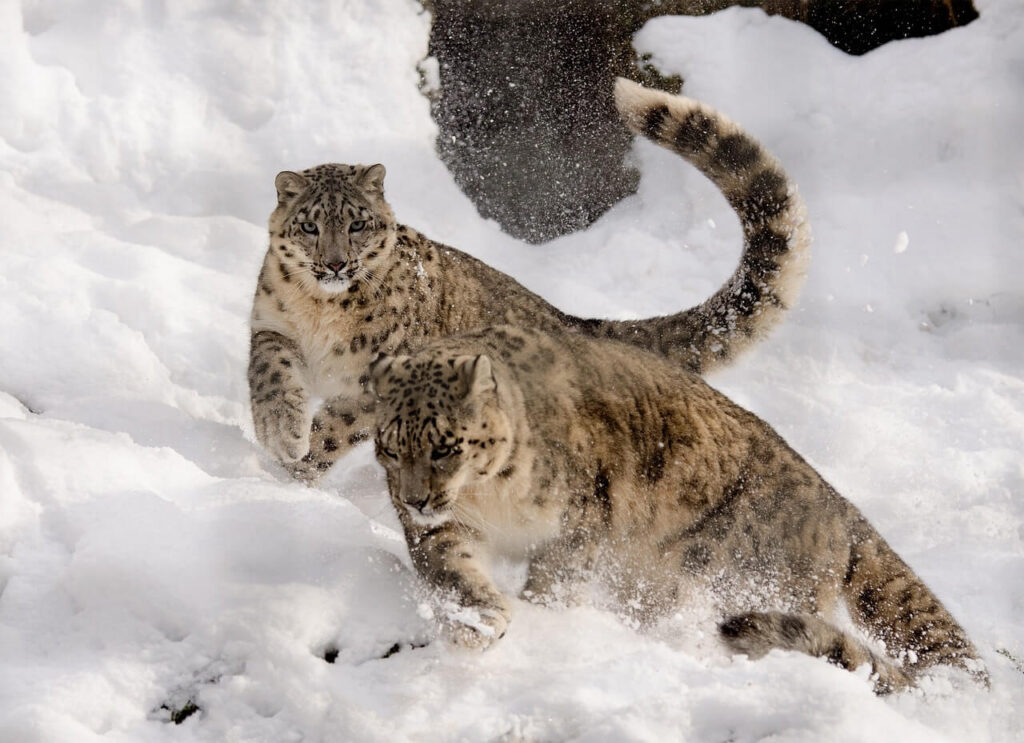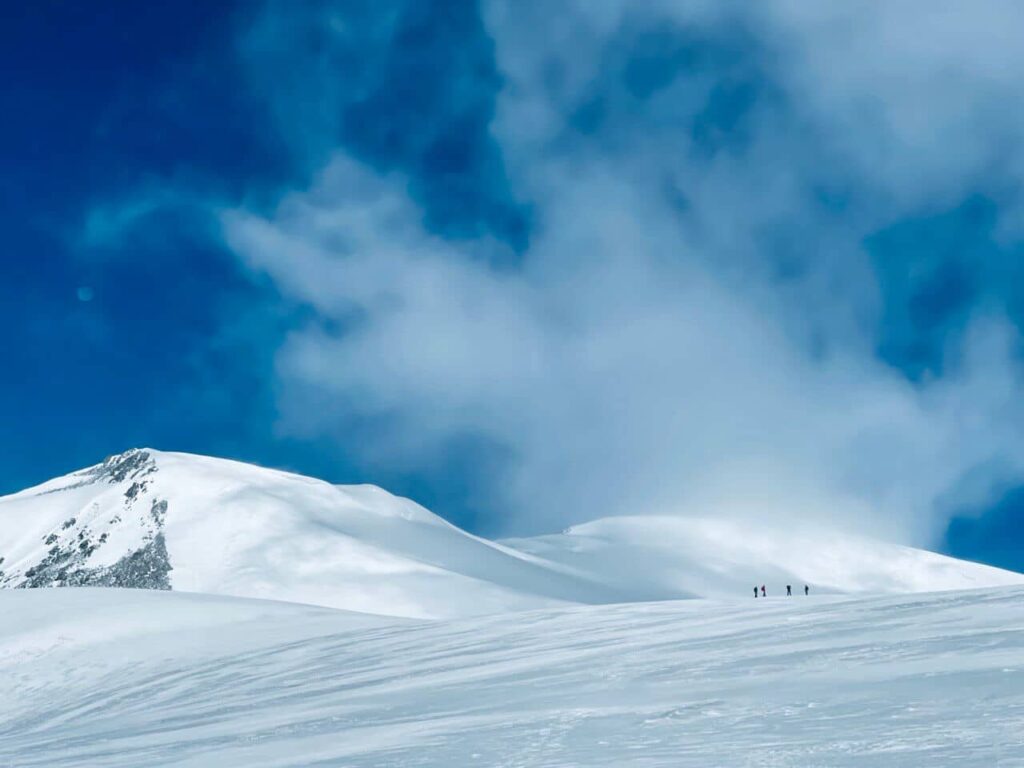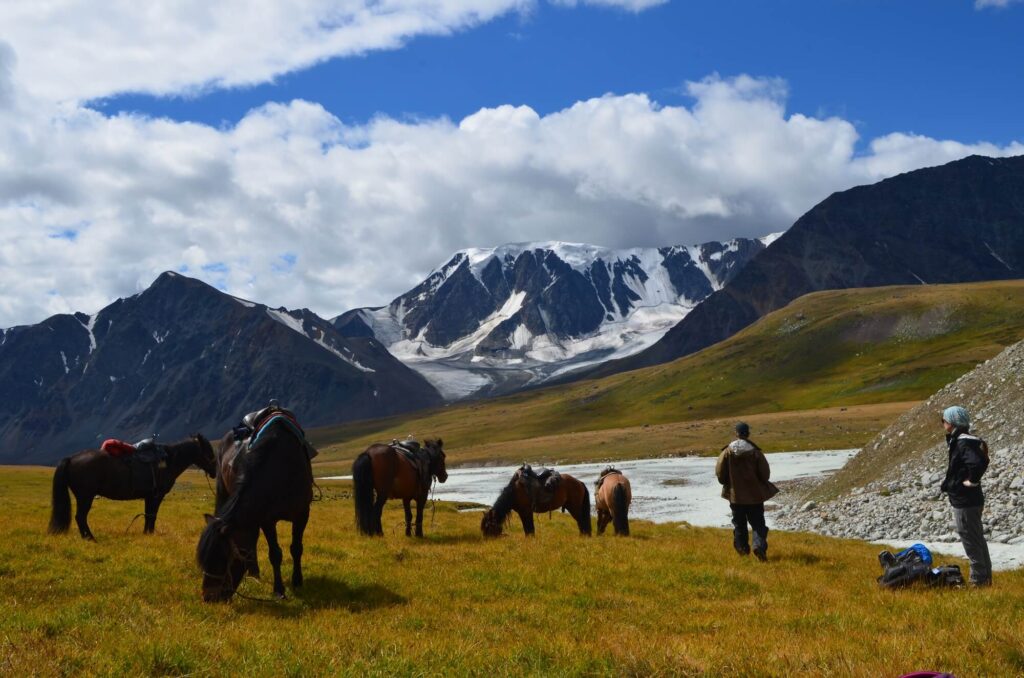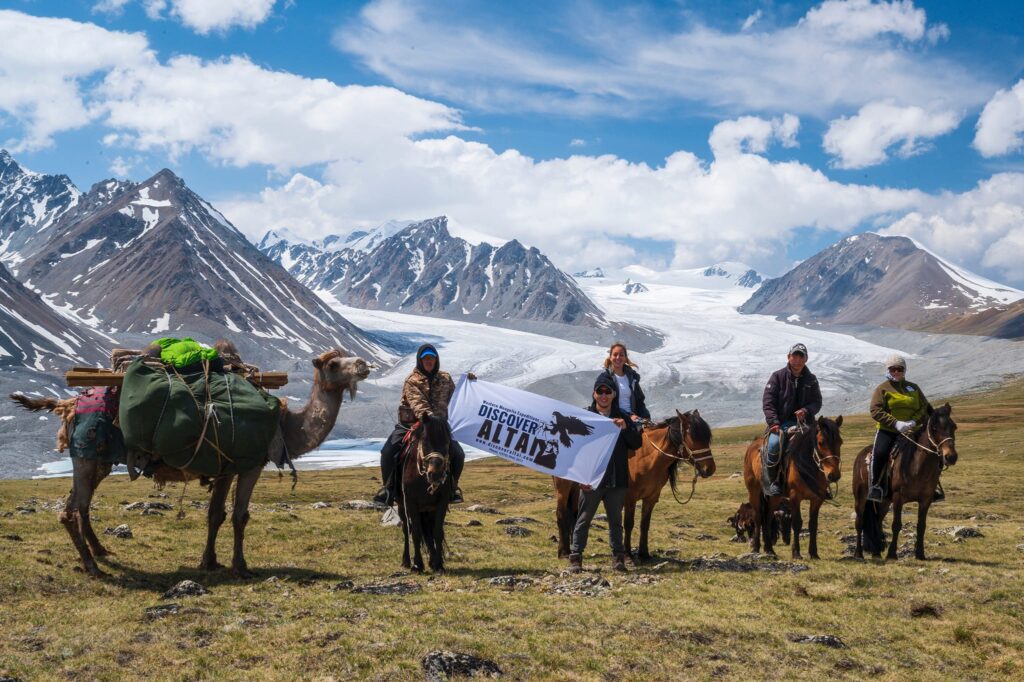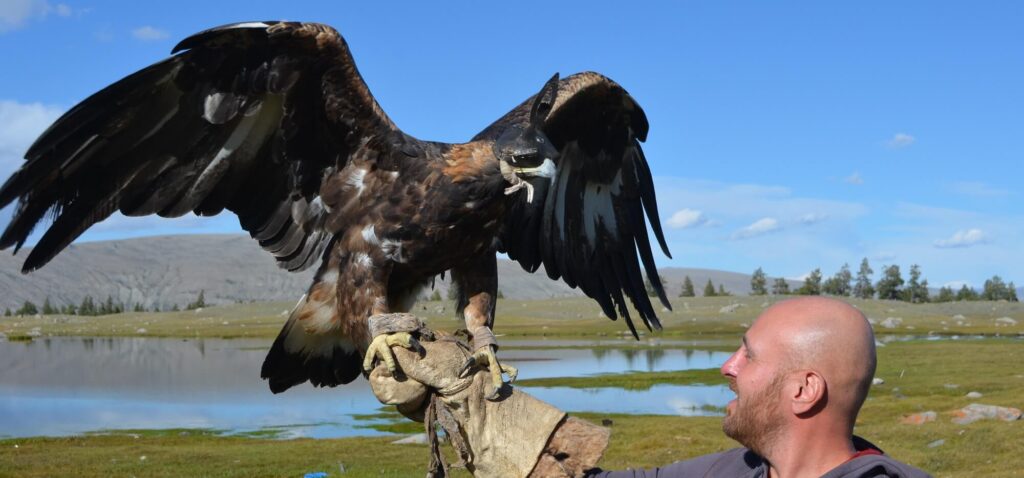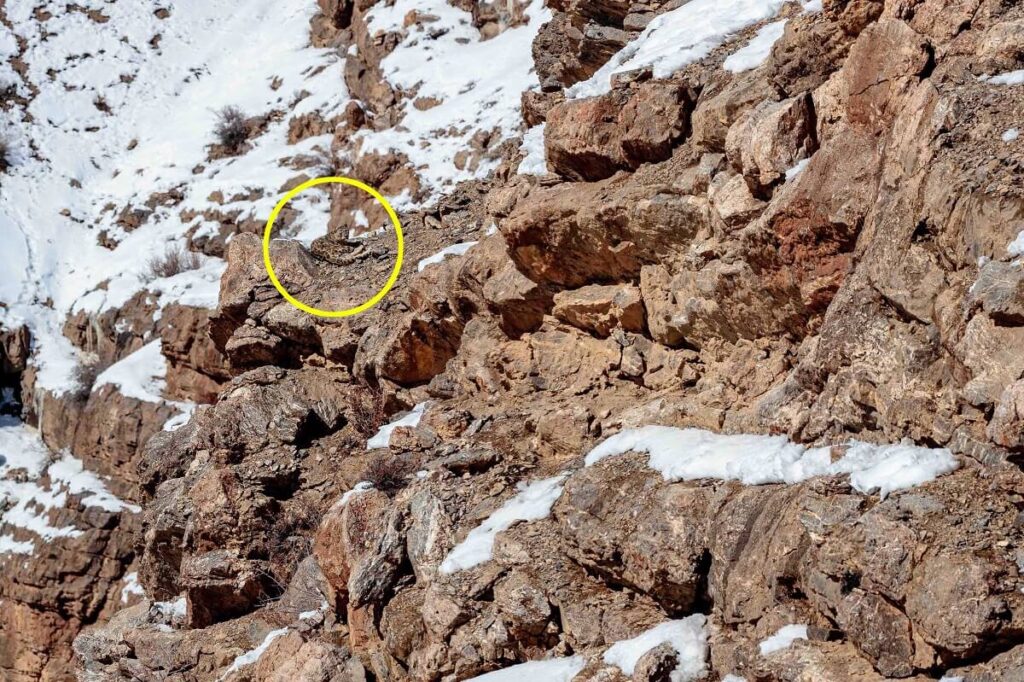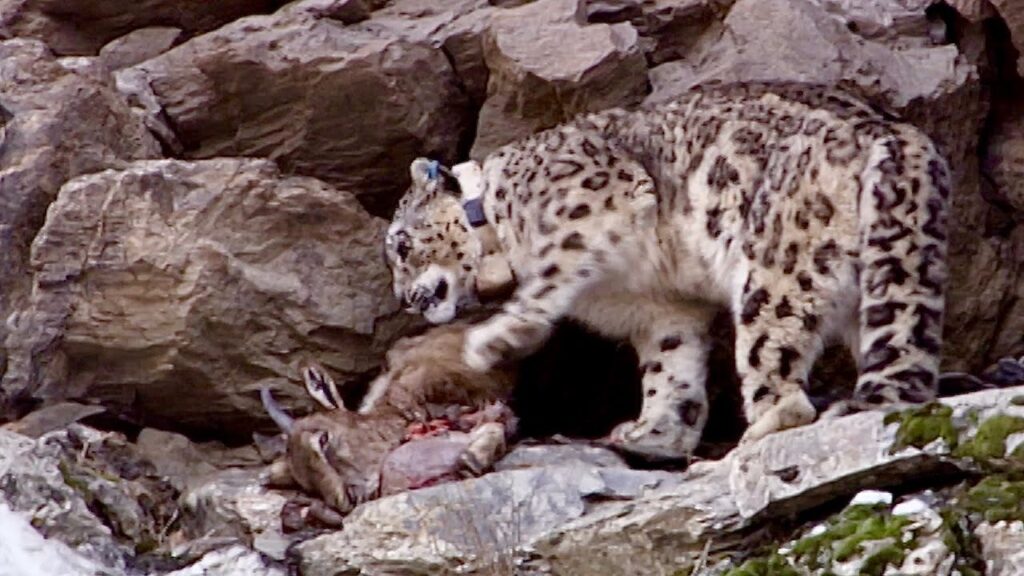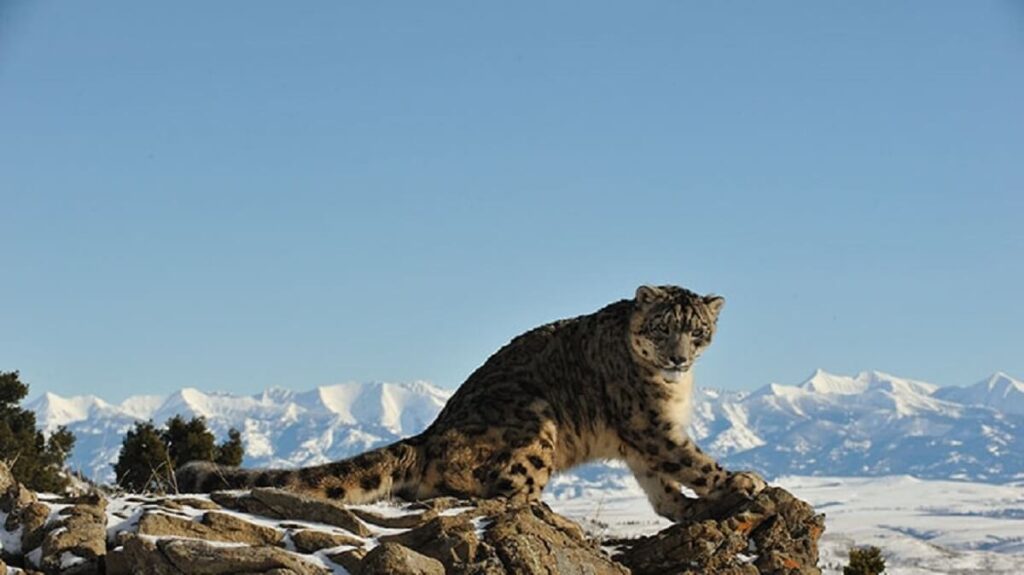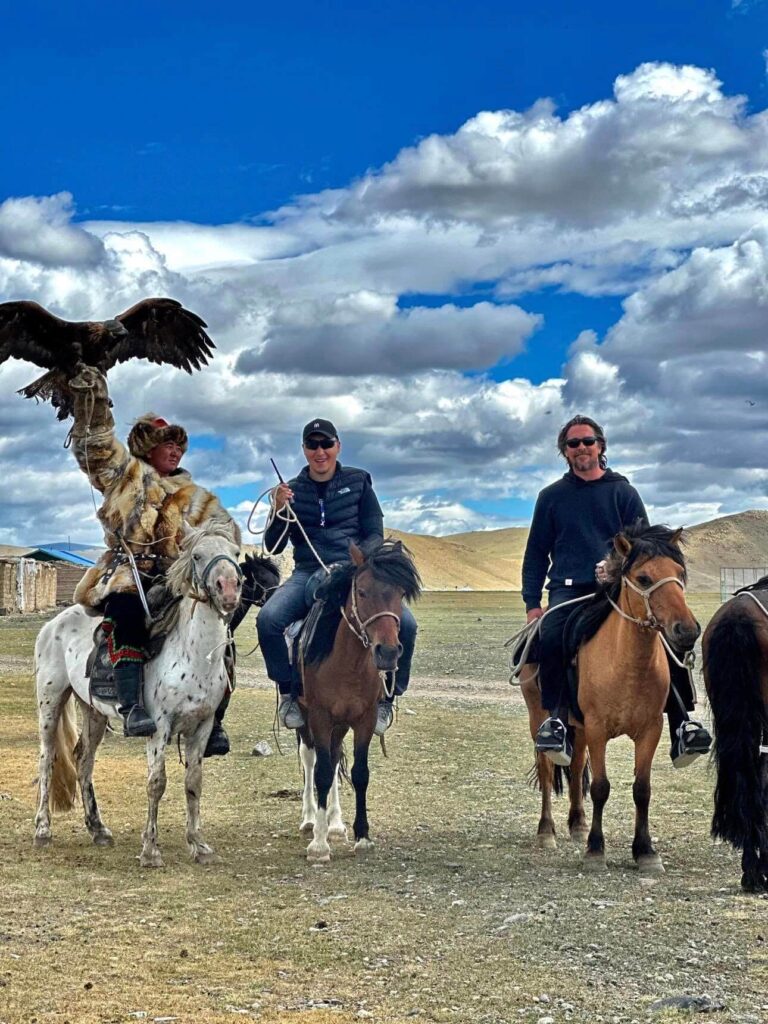Snow leopard population – The snow leopard (Panthera uncia) is one of the world’s most elusive big cats, inhabiting the rugged, mountainous regions of Central and South Asia.
Known for its thick fur, long tail, and incredible agility, the snow leopard is a symbol of the wilderness, thriving in some of the planet’s most remote and harsh environments.
Despite its resilience, the species is currently classified as vulnerable by the International Union for Conservation of Nature (IUCN). Efforts to protect the snow leopard are ongoing, both globally and in Mongolia, a key range country.
We offer you MONGOLIA SNOW LEOPARD PHOTOGRAPHY TOUR. Mongolia is the world’s 18th biggest country by territory with only three million people living here. Over 1.5 million square kilometers of land is inhabited by the last nomads and unique wild animals like the red fox, grey wolf, and snow leopards. It will be wonderful 🤩🤩
Global Snow Leopard Population and Habitat
Snow leopards are found in 12 countries across Central Asia, from the Himalayas in the south to the Siberian wilderness in the north. Their range spans over 1.8 million square kilometers, primarily consisting of high-altitude mountainous regions between 3,000 and 5,500 meters above sea level.
These areas provide the rocky cliffs, alpine meadows, and cold temperatures that snow leopards thrive in. The species’ range includes:
- China: China is home to around 60% of the global snow leopard population, with the species spread across the country’s western provinces, including Tibet, Xinjiang, and Qinghai.
- Mongolia: Mongolia harbors the second-largest population, with an estimated 20% of the global snow leopard population.
- India: In the Indian Himalayas, snow leopards are found in states such as Jammu & Kashmir, Himachal Pradesh, Uttarakhand, and Sikkim.
- Pakistan, Nepal, and Bhutan: These countries also have smaller but significant populations, particularly in the Karakoram and Himalayan mountain ranges.
- Russia, Kyrgyzstan, Kazakhstan, and Tajikistan: These Central Asian countries host snow leopards in the Altai, Tien Shan, and Pamir mountain ranges.
- Afghanistan: Snow leopards also inhabit the high-altitude regions of northeastern Afghanistan, particularly in the Wakhan Corridor.
Globally, the snow leopard population is estimated to be between 4,000 and 6,500 individuals, though the exact number is difficult to ascertain due to the animal’s solitary and elusive nature. Conservationists rely on camera traps, genetic studies, and field surveys to monitor populations across the species’ range.
Threats to the Global Snow Leopard Population
Despite the snow leopard’s wide range, the species faces numerous threats that continue to challenge its survival. Some of the primary threats include:
Decline in Prey: Wild prey species like the blue sheep, ibex, and Himalayan tahr are declining due to overgrazing by livestock and illegal hunting, forcing snow leopards to target domestic animals.
Habitat Loss: Human activities such as mining, road construction, and agricultural expansion are encroaching on snow leopard habitats, particularly in China and Central Asia.
Retaliatory Killings: Snow leopards sometimes prey on livestock, leading herders to kill them in retaliation. This is a significant issue across many range countries, especially in areas where wild prey is scarce.
Poaching: Snow leopards are illegally hunted for their pelts and bones, which are used in traditional medicine and as trophies.
Snow Leopard Population in Mongolia
Mongolia is a critical country for snow leopard conservation, home to an estimated 700 to 1,000 individuals, representing around 20% of the global population. The country’s vast, mountainous terrain, including the Altai Mountains and South Gobi Desert, provides ideal habitats for the species.
The Altai Mountains, in particular, are one of the most important regions for snow leopard conservation, offering high-altitude, rocky environments with ample prey like ibex and argali sheep.
The remoteness of Mongolia’s snow leopard habitats makes it difficult to monitor the species, but recent advances in research techniques have helped conservationists gain better insights into their population and distribution. The use of camera traps and satellite collars has been instrumental in studying snow leopard behavior, movement, and population trends in Mongolia.
Conservation Efforts in Mongolia
Mongolia is part of the Global Snow Leopard and Ecosystem Protection Program (GSLEP), an initiative that aims to protect snow leopards and their habitats across their entire range. Mongolia has been a key player in this initiative, working with international conservation organizations such as the Snow Leopard Trust, the World Wildlife Fund (WWF), and Panthera.
One of the biggest challenges for snow leopard conservation in Mongolia is human-wildlife conflict, particularly in the South Gobi Desert, where herders’ livestock sometimes becomes prey for snow leopards.
Conservationists have implemented various community-based programs to address this issue, such as predator-proof livestock pens, insurance schemes, and alternative livelihood initiatives for herders.
These programs aim to reduce retaliatory killings by compensating herders for livestock lost to snow leopard predation and offering economic alternatives to poaching.
Additionally, education campaigns have been launched to raise awareness about the importance of snow leopards and to engage local communities in conservation efforts.
In recent years, the establishment of protected areas, such as the Altai Tavan Bogd National Park and Great Gobi Strictly Protected Area, has provided critical safe havens for snow leopards in Mongolia. These areas offer not only protection for snow leopards but also for the diverse ecosystems and species they coexist with.
Challenges and the Road Ahead
Despite significant progress, the conservation of snow leopards in Mongolia and globally remains a challenge. Habitat loss due to mining and overgrazing continues to threaten key snow leopard habitats, while poaching remains a persistent issue.
Climate change poses an additional threat, potentially altering the high-altitude ecosystems that snow leopards depend on.
However, the future of snow leopards in Mongolia and around the world is not without hope. Conservationists continue to work with local communities, governments, and international organizations to protect snow leopards and their habitats.
Ongoing research, coupled with the expansion of protected areas and community engagement, offers a promising path forward for the conservation of this iconic species.
In conclusion, the snow leopard population around the world, and especially in Mongolia, is still vulnerable, but through continued collaborative conservation efforts, there is a real possibility of securing the future of this magnificent big cat.



